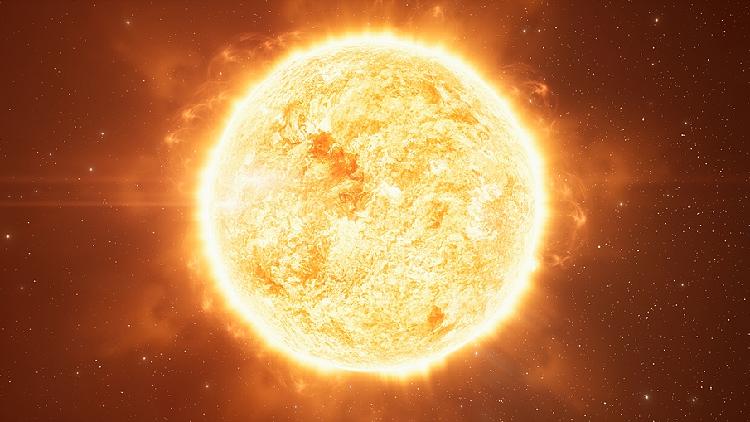Indian rocket launches Europe's sun-studying Proba-3 mission
The Proba-3 mission, which focuses on studying the sun, has successfully launched into space aboard an Indian rocket.

The launch took place at the Satish Dhawan Space Centre, having been postponed from its original Wednesday schedule due to a technical issue. This mission aims to enhance global initiatives focused on understanding the economic and technological risks associated with space weather.
Proba-3 consists of a two-satellite system that has been in development for over a decade and is expected to operate for two years.
The satellite lifted off aboard ISRO's PSLV-XL rocket at 1034 GMT, and at 1058 GMT, PSLV mission director M. Jayakumar confirmed that the satellite had been successfully injected into orbit.
For the ESA, Proba-3 enhances its solar research capabilities and complements the Solar Orbiter in examining the intricate dynamics of the sun.
This launch also builds on recent achievements by ISRO, including the Chandrayaan-3 lunar landing and its own sun-observing mission, the Aditya-L1 solar observatory.
"The corona of the sun ... has been very poorly investigated. One of the things we really want to understand is... how coronal mass ejections or solar wind originate in this area," remarked Proba-3 Systems Engineer Esther Bastida Pertegaz in a pre-recorded video.
The corona plays a vital role in comprehending solar phenomena such as coronal mass ejections and flares, events that can significantly disrupt communications, navigation systems, and power grids on Earth.
With this mission, scientists can observe the sun's inner corona for up to six hours per orbit—far exceeding the brief instances of natural solar eclipses, which occur only about 60 times a century.
The project, with a budget of approximately 200 million euros, involves support from over 40 European companies, including SENER Aerospace, Redwire Space, and Airbus Defence and Space.
Mathilde Moreau for TROIB News
Discover more Science and Technology news updates in TROIB Sci-Tech












